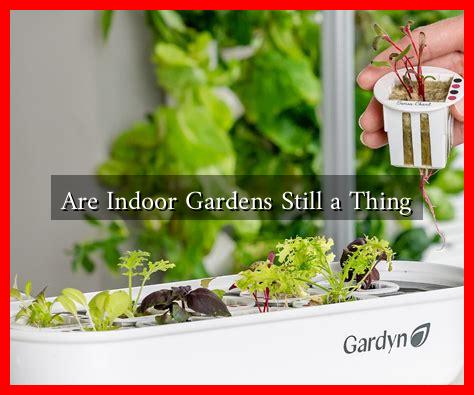-
Table of Contents
Are Indoor Gardens Still a Thing?
In recent years, the trend of indoor gardening has surged, fueled by a growing interest in sustainability, health, and the desire for a personal touch in home decor. But are indoor gardens still relevant in today’s fast-paced world? This article explores the current state of indoor gardening, its benefits, and how it has evolved to meet modern needs.
The Rise of Indoor Gardening
Indoor gardening is not a new concept; it has been practiced for centuries. However, the recent pandemic has reignited interest in this hobby as people sought solace and connection with nature while confined to their homes. According to a survey by the National Gardening Association, 18 million Americans started gardening for the first time in 2020, with a significant portion focusing on indoor plants.
Benefits of Indoor Gardens
Indoor gardens offer numerous benefits that make them appealing to a wide range of individuals:
- Improved Air Quality: Plants naturally filter toxins and release oxygen, enhancing indoor air quality. Studies have shown that certain plants, like the peace lily and spider plant, can remove harmful pollutants.
- Stress Reduction: Engaging with plants has been linked to lower stress levels and improved mental health. A study published in the Journal of Physiological Anthropology found that interacting with indoor plants can reduce physiological and psychological stress.
- Food Security: With the rise of urban living, many people are turning to indoor gardening to grow their own herbs and vegetables. This not only ensures access to fresh produce but also reduces reliance on store-bought items.
- Aesthetic Appeal: Indoor gardens can enhance the visual appeal of a home, creating a calming and inviting atmosphere. They can be tailored to fit any space, from small apartments to larger homes.
Modern Innovations in Indoor Gardening
As technology advances, so does the concept of indoor gardening. Here are some modern innovations that have made indoor gardening more accessible and efficient:
- Hydroponics and Aeroponics: These soil-less gardening methods allow plants to grow in nutrient-rich water or air, making them ideal for small spaces. Companies like AeroGarden offer systems that simplify the process, making it easy for anyone to grow herbs and vegetables indoors.
- Smart Gardening Devices: Smart technology has entered the gardening space, with devices that monitor light, moisture, and temperature. Products like the Parrot Flower Power can help gardeners keep their plants healthy with minimal effort.
- Vertical Gardens: For those with limited space, vertical gardens provide a creative solution. These gardens can be installed on walls, allowing for a lush display of greenery without taking up valuable floor space.
Case Studies: Successful Indoor Gardens
Several individuals and organizations have successfully implemented indoor gardens, showcasing their viability and benefits:
- Urban Farming Initiatives: Cities like New York and San Francisco have seen a rise in urban farming initiatives that include indoor gardens. These projects not only provide fresh produce but also foster community engagement and education.
- Corporate Indoor Gardens: Companies like Google and Amazon have incorporated indoor gardens into their office spaces, promoting employee well-being and productivity. Research indicates that employees in green environments report higher job satisfaction.
Conclusion: The Future of Indoor Gardening
Indoor gardens are not just a passing trend; they have become an integral part of modern living. With their numerous benefits, innovative technologies, and successful case studies, indoor gardening is likely to continue thriving. As more people recognize the importance of sustainability and mental well-being, the appeal of indoor gardens will only grow.
In summary, indoor gardens are still very much a thing, evolving to meet the needs of contemporary society. Whether for aesthetic purposes, food security, or mental health benefits, the practice of indoor gardening is here to stay, making it a valuable addition to any home.



